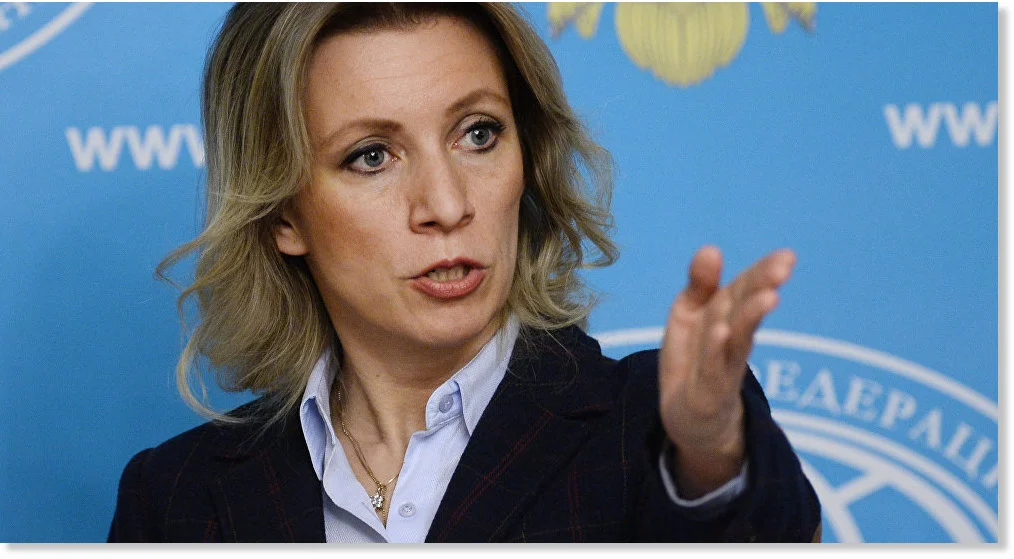Russia steps in, urging Venezuela and Guyana to steer clear of actions that might escalate tensions over the Esequibo region.
Maria Zakharova, representing Russia’s Foreign Ministry, highlights this. She also cautions against outside interference in this disagreement.
Russia is closely monitoring the situation, focusing on the advisory referendum Venezuela held on December 3.
This vote concerned the status of the Esequibo area and subsequent legal measures. Zakharova emphasizes the need for a peaceful, agreeable resolution.
Both Venezuela and Guyana should follow international law and their agreements. Their national laws are also crucial in this process.
Moscow firmly opposes external influence in sovereign states’ matters. This stance is particularly vital in sensitive cases like this.
Zakharova advises other nations to practice discretion, both publicly and privately.
Russia champions maintaining Latin America as a zone of peace, a concept proclaimed by CELAC countries in 2014.

This support extends to strengthening regional unity. Russia also endorses CELAC’s influential role in the global landscape.
The dispute dates back two centuries
The Esequibo dispute dates back two centuries, starting when Spain controlled the area west of the Essequibo River.
1819, Gran Colombia was formed, comprising Colombia, Venezuela, Ecuador, and Panama. This entity lasted until 1831.
During its existence, the British colony of Guiana seized control of the Esequibo.
In 1899, Venezuela’s attempt to reclaim the territory at a Paris tribunal didn’t succeed. The UK gained a significant portion of the Guayana Esequiba area.
Venezuela contested the tribunal’s decision in 1962, seeking a revision. By 1966, Guyana, now independent, joined the UK and Venezuela in the Geneva Agreement.
Their goal was to resolve the conflict peacefully and define the border. However, the agreement only temporarily halted the conflict.
Currently, both Venezuela and Guyana view the contested territory as theirs. Venezuelan maps include the Esequibo as part of their nation.
Since 1983, Venezuela has advocated for direct negotiations.
Meanwhile, Guyana urges the UN’s involvement, involving the General Assembly, Security Council, and International Court of Justice.

